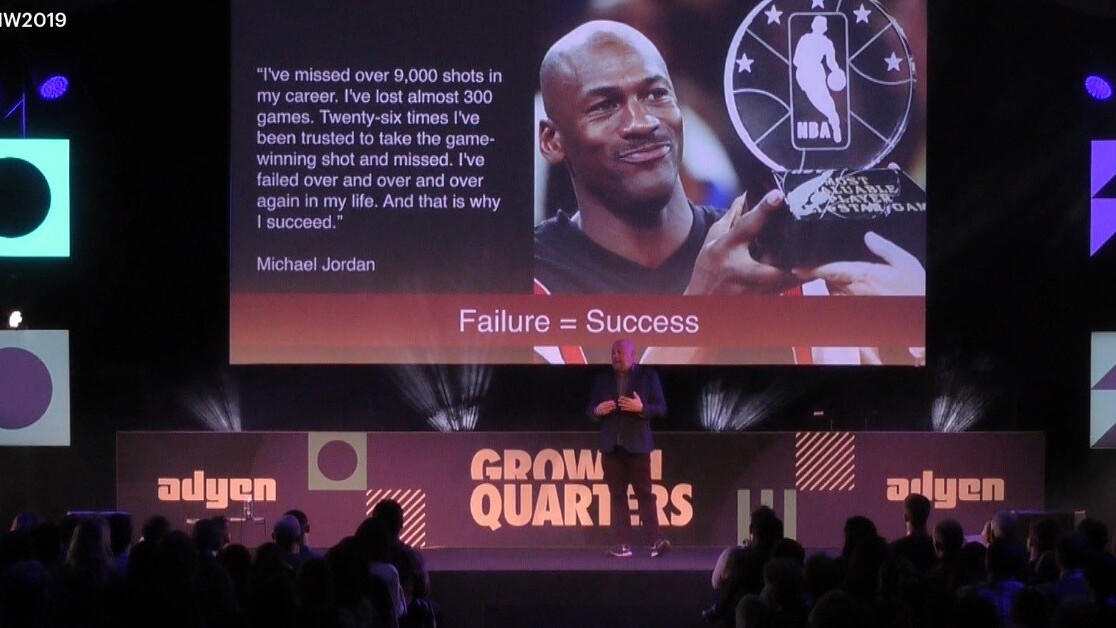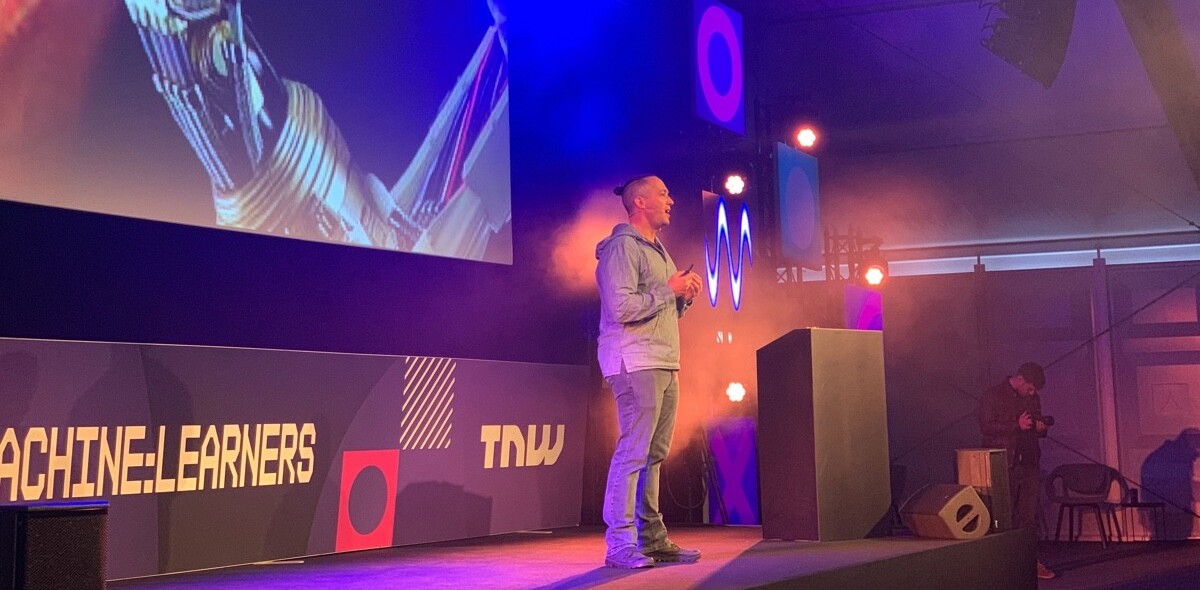
Speaking today at The Next Web’s 2019 conference, author and futurist Gabe Zichermann gave an account of various industries that got stronger through failures, rather than successes. As he put it, sometimes you have to fail in order to find the success — and there are several examples of industries and people who made their failures work to their advantage.
One in particular stood out for just how many failures had to happen before it became what it is today: namely, the aviation industry. Zichermann pointed out, the aviation industry is, for the most part, very safe, and has been since the 90s. But before then, it was very much the opposite — as he said, “From 1945 to 1994, there was one crash involving injury or fatality of a Western aircraft every single week [on average].” But now, a plane crash is so rare that it usually makes the news every single time it happens.
The primary ways in which the industry turned this around were to turn these “failures” into opportunities for improvement — most importantly, by removing the threat of punishment for failure. By removing that Sword of Damocles from over the heads of pilots who were involved in plane crashes, airline officials could be more sure they were getting an honest accounting of the event — as Zichermann said, pilots afraid of repercussions would be motivated to hide their failures.
Another example Zichermann used is Walt Disney, who he says is an example of self-enhancing transmission bias, meaning he and his biographers have glossed over the failures that would later lead to his success. Disney had several unsuccessful ideas — such as Oswald the Lucky Rabbit, his first attempt at creating an iconic animal character — before he struck gold with his own company.
The point, Zichermann said, is that these industries grew stronger because they failed, not in spite of that same fact (though one presumably wishes there hadn’t been quite as many fatalities). Sometimes it’s not even failure on the grand scale that brings about success: he quoted Michael Jordan, who said listed all the times he didn’t make a shot or lost a game and said, “I’ve failed over and over and over again in my life. And that is why I succeed.”
Zichermann said it’s important to reframe your failures as a path to success, rather than a roadblock: “I don’t think we can be successful by coming up with strategies for avoiding failure… If you’re not on the precipice of failure right now, you’re probably not living up to your full potential.”
For more, check out our #TNW2019 page, where you can watch all our amazing speakers live from the conference!
Get the TNW newsletter
Get the most important tech news in your inbox each week.




